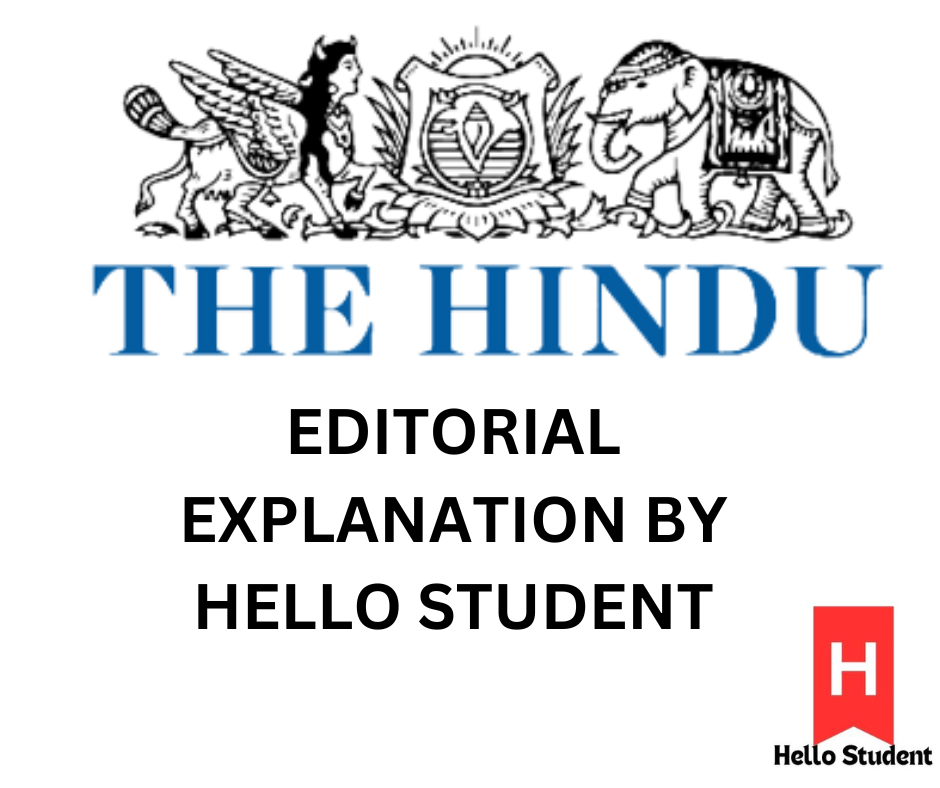Table of Contents
The article discusses the issue of candidates contesting elections from more than one constituency in India, a practice referred to as One Candidate, Multiple Constituencies (OCMC).
This allows politicians to stand for election in two or more areas simultaneously. If they win in multiple constituencies, they are required to keep only one seat and resign from the others, which leads to by-elections in the vacated constituencies.
Initially, there was no restriction on the number of constituencies a candidate could contest. This led to frequent by-elections when winning candidates resigned from extra seats, causing disruptions and additional costs.
To address this, the law was amended in 1996, limiting candidates to contesting from a maximum of two constituencies. However, even with this restriction, the practice continues, especially in state elections, resulting in frequent by-elections.
For example, in November 2024, 44 by-elections were held for state assemblies because sitting legislators resigned after winning in multiple constituencies.
Problem with OCMC
One of the main problems with OCMC is the high cost of elections. Elections in India are expensive, with the 2014 general election costing ₹3,870 crore and the 2024 election estimated at ₹6,931 crore.
By-elections, also known as special elections, are elections held to fill a vacancy in a legislative seat when the sitting representative resigns, passes away, or is otherwise unable to continue in office. These elections take place only in the specific constituency where the vacancy has occurred and not across the entire state or country.
By-elections add to this financial burden, which is ultimately paid by taxpayers. Political parties also spend massive amounts of money during elections, with the estimated total expenditure for the 2024 general election reaching ₹1,35,000 crore. Much of this money comes from unaccounted (black) sources, which undermines transparency and accountability in the electoral process.
By-elections often give an unfair advantage to the ruling party. The government in power has more resources and influence to mobilize support during elections, giving it an edge over opposition parties. This creates an unequal playing field and weakens the fairness of the democratic process.
For opposition candidates, by-elections can be financially and emotionally challenging. Losing candidates are forced to contest again, requiring them to spend additional money and resources. This burden can make it difficult for them to compete effectively.
The practice of OCMC also raises concerns about democracy. Elections are meant to serve the people, but when leaders contest multiple constituencies, it shows they are prioritizing their own political interests over the needs of voters.
This undermines democratic principles. Additionally, voters in constituencies where leaders resign after winning often feel ignored. For instance, when Rahul Gandhi vacated his Wayanad seat in 2024, voter turnout in the subsequent by-election dropped significantly compared to the general election, reflecting voter frustration and apathy.
Advantage of OCMC
Despite its problems, OCMC remains common because it offers a safety net for politicians. Contesting multiple constituencies ensures that leaders have a backup option if they lose in one area.
In leader-centric political parties, this practice helps secure the leader’s position. For example, in 2021, Mamata Banerjee lost the Nandigram seat but was able to remain Chief Minister of West Bengal by winning another seat.
Other countries handle this issue differently. In Pakistan and Bangladesh, candidates can contest from multiple constituencies but must vacate all but one if they win.
In Pakistan, there is no limit on the number of constituencies a candidate can contest, while Bangladesh reduced the limit to three in 2008. Many European countries, including the UK, have banned this practice to promote fairness and accountability.
Solutions
The article proposes several solutions to address the problems caused by OCMC. One suggestion is to amend the law to ban candidates from contesting multiple constituencies altogether. Both the Election Commission of India and the Law Commission have recommended this change in the past.
Another idea is to make candidates pay for the cost of by-elections if they resign from a seat. This could discourage politicians from contesting multiple constituencies.
A third proposal is to delay by-elections for a year instead of holding them within six months. This would give voters more time to consider their choices and reduce the financial and logistical burden of frequent elections.
In conclusion, while OCMC benefits political leaders by providing a safety net, it creates significant problems for the electoral system, including high costs, unfair advantages for ruling parties, and frustration among voters.
To strengthen democracy and make elections more transparent and accountable, reforms are needed. Adopting the principle of “one candidate, one constituency” could help ensure that elections focus on the needs of the people rather than the strategies of politicians.
.
.
.…join our telegram channel for regular updates of The Hindu Epaper Editorial Explanation-https://t.me/Thehindueditorialexplanation
The Hindu Epaper Editorial Explanation given by Hello Student is only a supplementary reading to the original article to make things easier for the students.
In conclusion, preparing for exams in India can be a daunting task, but with the right strategies and resources, success is within reach. Remember, consistent study habits, effective time management, and a positive mindset are key to overcoming any academic challenge. Utilize the tips and techniques shared in this post to enhance your preparation and boost your confidence. Stay focused, stay motivated, and don’t forget to take care of your well-being. With dedication and perseverance, you can achieve your academic goals and pave the way for a bright future. Good luck!
The Editorial Page of The Hindu is an essential reading for all the students aspiring for UPSC, SSC, PCS, Judiciary etc or any other competitive government exams.
This may also be useful for exams like CUET UG and CUET PG, GATE, GMAT, GRE AND CAT
To read this article in Hindi –https://bhaarat.hellostudent.co.in/

